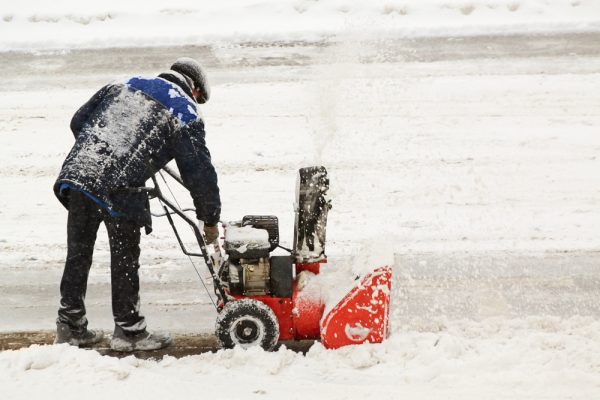As the temperature drops, construction and utility companies must take extra precautions to protect employees and ensure expensive equipment doesn’t freeze and malfunction.
Given the polar vortex and record-setting snowfalls the country has experienced in recent years, having a plan in place to work through the cold is necessary for businesses, according to Beyond.com. Keeping track of what costs could increase and how to maintain productivity can benefit companies within the industry.
More Cold Ahead
Weather-related delays for construction and utility businesses are common. For example, a construction company in Baterloo, Vt., working on a bridge suffered tremendous setbacks in January 2014, the local newspaper reported. Arctic temperatures led to the business’s equipment being frozen under a block of ice. Work was delayed until the weather made it possible for the company to retrieve their materials.
That is not the only instance of weather creating setbacks for construction companies. Many businesses must slow down or stop completely when weather gets cold, as conditions become too frigid to work in.

Businesses will face more issues this coming winter. The Farmer’s Almanac is forecasting the winter of 2015-2016 to have similar conditions to what many have faced the past few years. Many states had one of their all-time coldest winters in 2014-2015, and the Almanac expected “winter deja vu” this coming year.
Keep Equipment Going
Ensuring a fleet of trucks, cars and vans is winterized so that they stay up and running in the cold takes effort and planning.
Truck-leasing company National Lease suggested several steps for ensuring vehicles remain working well, starting with choosing the correct type of fuel. When the temperature drops, paraffin, a solid material used within fuel, begins to gel, which may lead to serious issues for a vehicle. Certain fuel types have less paraffin than others. Business owners need to investigate the type of fuel their vehicles need and determine strategies for keeping them running.
Additionally, there are regular checkups a business can take to keep vehicles going. The water separator, which keeps fuel warm and water from leaking into the engine, can be examined daily. In many cases, a new fuel filter is a cost-efficient replacement that can negate a major problem. A vehicle’s coolant system, which determines if the coolant inside a car or truck is at its freezing point, also plays a major role in the winter. Looking over that system, which includes coolant filters, radiators and hoses, can help prevent a vehicle from freezing.
Related Content:
6 Tips for a Proactive Storm Response
10 Winter Safety Tips for Construction Workers
How to Use Propane Heaters Safely
Border States’ Storm Response Disaster Recovery services